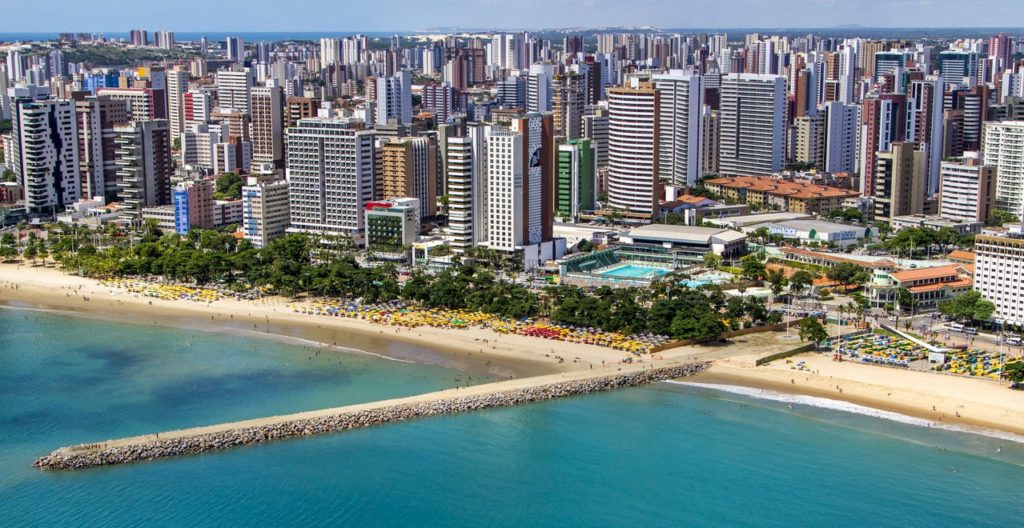
Understanding Cannabis Laws in Fortaleza: weed in fortaleza
weed in fortaleza, with its stunning beaches, vibrant culture, and lively atmosphere, is a city that captures the essence of Brazil’s beauty. As discussions around cannabis laws evolve globally, it is crucial for residents and visitors in Fortaleza to have a comprehensive understanding of the current legal landscape surrounding marijuana. This article aims to provide a detailed guide to cannabis laws in Fortaleza, shedding light on regulations, penalties, and the broader implications for the community.
Cannabis Laws in Brazil:
Brazil maintains a strict stance on marijuana, classifying it as illegal for recreational and medical use. However, the country has adopted a somewhat more lenient approach by decriminalizing personal use. While the possession and use of small amounts of marijuana for personal consumption have been decriminalized, activities such as transportation, sale, and cultivation remain criminal offenses.
Penalties for Marijuana-Related Offenses:
In Fortaleza, as in the rest of Brazil, penalties for marijuana-related offenses vary based on factors such as the quantity of marijuana involved, the intent of possession (personal use or trafficking), and whether the offense is a first-time or repeated occurrence. Individuals caught with a small amount of marijuana for personal use may face confiscation of the substance, fines, or community service. However, larger quantities could lead to more severe consequences, including imprisonment and fines ranging from $150 to $500 USD.
Evolution of Cannabis Policies:
Brazil has seen some shifts in its cannabis policies over the years. The decriminalization of personal use in 2006 marked a significant step towards a more permissive approach. While full legalization is not yet on the horizon, these changes indicate a growing recognition of the need for more pragmatic and flexible approaches to cannabis regulation.
Local Dynamics in Fortaleza:
For those interested in exploring Fortaleza’s cannabis scene, connections and discreet inquiries are often the primary methods for obtaining marijuana. Tourist attractions, hostels, and social spaces may provide opportunities to connect with individuals familiar with the local cannabis community. However, it’s essential to approach such situations cautiously, considering the legal implications.
Cannabis Prices:
Fortaleza, like many places, offers a variety of cannabis products, and prices can vary based on quality and personal connections. On average, a gram of high-quality marijuana may cost around $10, while medium-quality cannabis might be available for approximately $3 per gram. Prices can be subjective and may depend on individual networks within the local cannabis community.
Conclusion:
Understanding cannabis laws in Fortaleza is crucial for both residents and visitors to navigate responsibly within the legal framework. As Brazil’s cannabis policies continue to evolve, staying informed about potential changes and respecting local laws becomes paramount. By adhering to existing regulations, individuals can contribute to a safe and responsible community in Fortaleza and throughout Brazil.
